Key policies
Our key policies provide a comprehensive overview of our organisation’s values and practices, including ethical fundraising, transparency, privacy, and conflict of interest. By exploring this page, you can learn more about our approach to these important issues and what you can expect from us.

